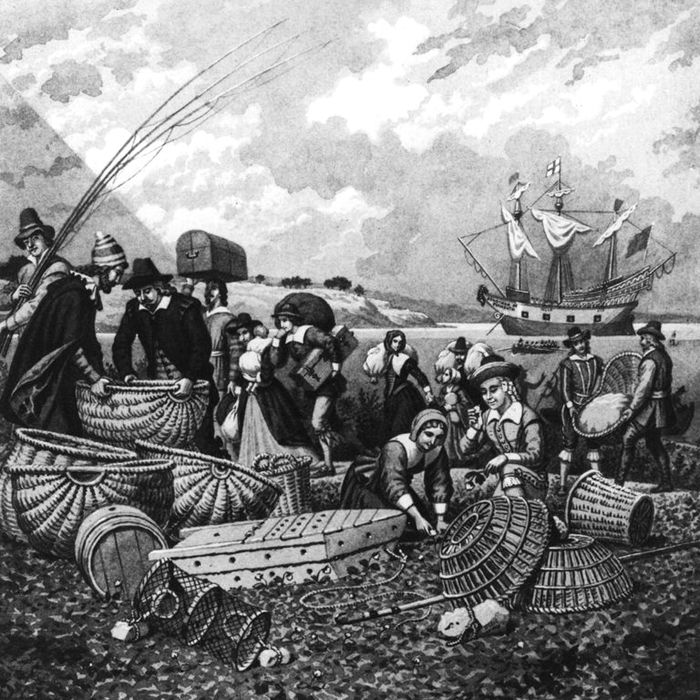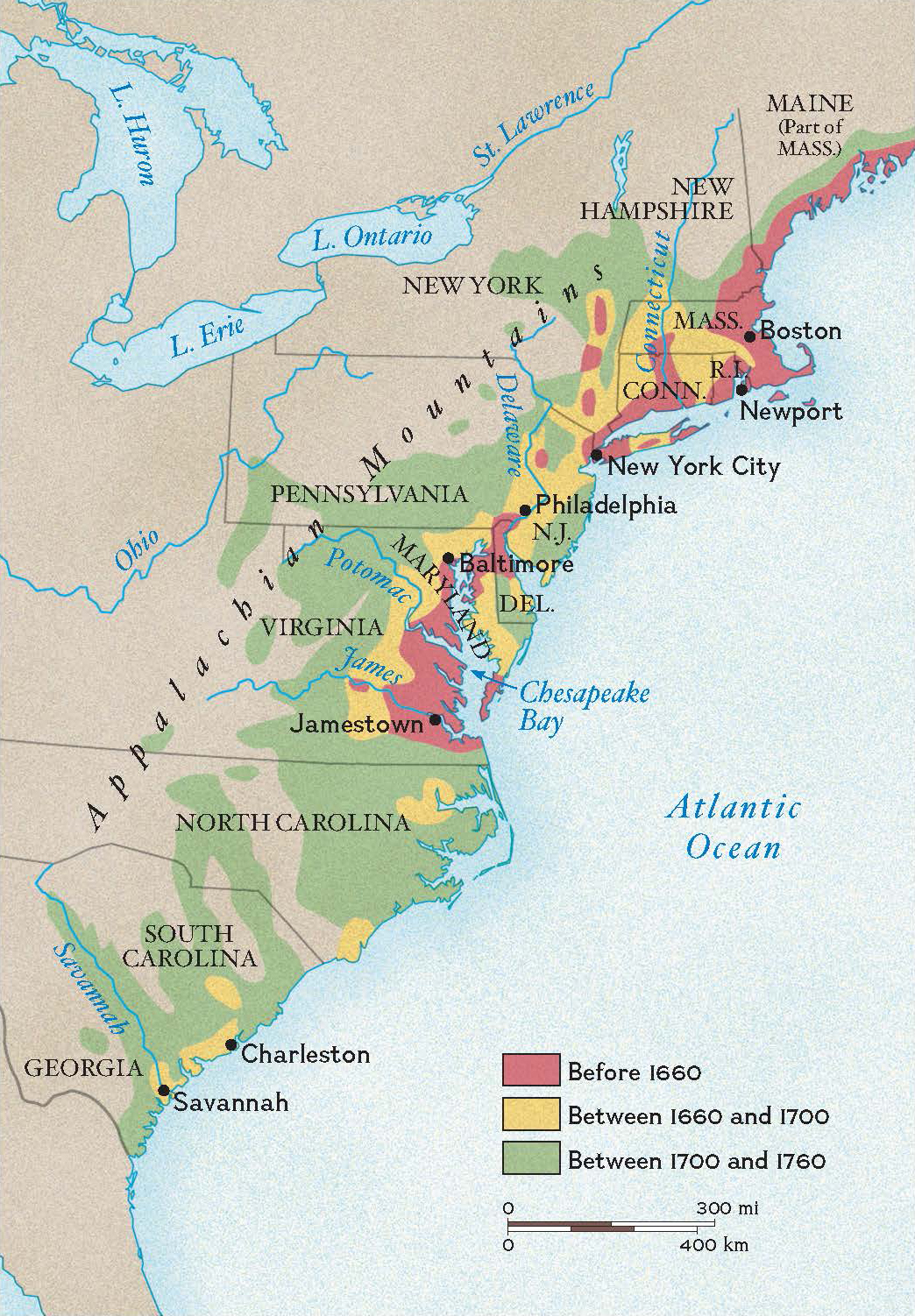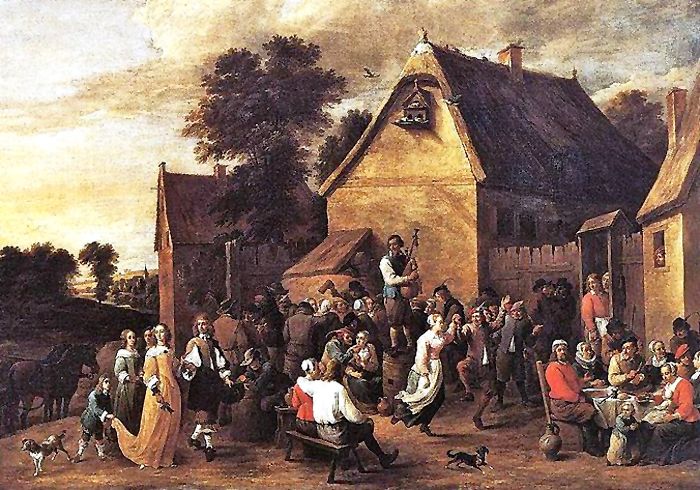
The Relentless March of Empires: Unpacking Colonial Growth and Its Enduring Legacy
From the Age of Discovery in the late 15th century to the precipice of decolonization in the mid-20th, colonial growth expansion has been one of the most transformative, brutal, and enduring forces in human history. It redrew maps, reshaped economies, pulverized cultures, and created a global power structure whose fault lines are still visible today. More than a mere historical footnote, the colonial enterprise was a grand, often horrific, experiment in human domination, driven by a complex interplay of greed, power, ideology, and technological superiority.
At its heart, colonial expansion was the process by which a powerful nation established and maintained control over foreign territories, often far from its own borders, for economic, political, and strategic gain. This wasn’t a singular event but a series of waves, each with its distinct characteristics and players. The first wave, primarily led by Portugal and Spain in the late 15th and 16th centuries, focused on the Americas, establishing vast empires built on resource extraction, the brutal exploitation of indigenous populations, and the transatlantic slave trade. Later, powers like Britain, France, the Netherlands, and Belgium joined the fray, turning their gaze towards Asia and then, in the infamous "Scramble for Africa" in the late 19th century, carving up an entire continent with shocking speed and disregard for its inhabitants.
The Driving Forces: God, Gold, and Glory

The motivations behind this relentless expansion were multifaceted, often encapsulated by the triumvirate of "God, Gold, and Glory."
Gold: Economic imperatives were undeniably paramount. The mercantilist philosophy prevalent in early modern Europe dictated that national wealth was finite, and a nation’s prosperity depended on accumulating as much of it as possible, primarily through precious metals. Colonies served as sources of raw materials – spices, sugar, cotton, tobacco, timber, minerals – that could be shipped back to the mother country, processed, and then sold for profit. They also provided captive markets for manufactured goods from the colonizing power. The British East India Company, for instance, evolved from a trading post into a quasi-sovereign entity that controlled vast swathes of India, leveraging its resources and markets for immense wealth. "The object of the British Government," observed Lord Curzon, Viceroy of India, "is not to administer India for the benefit of England, but to administer England for the benefit of India." A cynical statement, indeed, given the systematic drain of wealth from the subcontinent.
Glory: National prestige and geopolitical dominance were equally potent motivators. Empires were symbols of power and influence on the world stage. Competing European powers engaged in a fierce race to acquire territories, believing that a larger empire translated into greater international standing and security. The desire to outmaneuver rivals, control strategic trade routes, and project military might fueled much of the expansionist drive, particularly during the "New Imperialism" era of the 19th century. The sheer scale of the British Empire, where "the sun never set," was a source of immense pride and a testament to its global reach.
God: Religious zeal, though often intertwined with economic and political ambitions, also played a significant role. European powers, largely Christian, saw it as their duty to spread their faith to "heathen" lands. Missionaries often preceded or accompanied colonial administrators, establishing churches, schools, and hospitals, which while sometimes offering genuine aid, also served as instruments of cultural assimilation and control. This "civilizing mission" provided a moral veneer for often brutal exploitation, a justification for imposing European values and systems onto diverse indigenous cultures.
The Tools of Domination: Technology, Ideology, and Deception
Colonial expansion would have been impossible without a confluence of factors that gave European powers a decisive advantage. Technological superiority was crucial: advanced shipbuilding allowed for long-distance voyages and naval dominance, while gunpowder weapons—muskets, cannons, and later machine guns—provided an overwhelming military edge against often spears and arrows. Innovations in medicine, like quinine for malaria, allowed Europeans to survive and operate in tropical climates previously deemed inhospitable.
Beyond technology, powerful ideologies underpinned and legitimized the colonial project. Social Darwinism, a perversion of Darwin’s theory of evolution, was widely used to justify European dominance, asserting that "superior" races were destined to rule over "inferior" ones. Rudyard Kipling’s 1899 poem "The White Man’s Burden" perfectly encapsulated this paternalistic and racist worldview, portraying colonization as a noble, albeit difficult, duty to uplift and civilize "sullen peoples, half-devil and half-child." This ideology created a moral framework for exploitation, making it seem not just acceptable, but necessary.
Legal fictions also played a critical role. The concept of terra nullius ("nobody’s land"), for instance, was used to justify the seizure of lands inhabited by indigenous peoples who did not have European-style property deeds or state structures. This allowed colonizers to claim territories as "empty" or "undeveloped," ignoring the rich, complex societies that already existed there.

The Scramble for Africa: A Case Study in Arbitrary Division
Perhaps no period better illustrates the rapacious nature of colonial growth than the "Scramble for Africa" (1881-1914). Before 1880, European powers controlled only about 10% of Africa; by 1914, they controlled almost 90%. Driven by industrialization’s demand for raw materials, the search for new markets, and fierce inter-European rivalries, the continent was partitioned with breathtaking speed.
The infamous Berlin Conference of 1884-85, convened by Otto von Bismarck, saw European powers literally draw lines on a map, dividing Africa among themselves without any African representation or regard for existing ethnic, linguistic, or cultural boundaries. These arbitrarily drawn borders would later become the source of countless conflicts and instability in post-colonial Africa. Belgium’s King Leopold II, for example, claimed the Congo Free State as his personal property, unleashing a reign of terror and exploitation that resulted in the deaths of millions of Congolese through forced labor and brutality, all for the sake of rubber and ivory. This dark chapter stands as a stark reminder of the human cost of unbridled colonial ambition.
The Devastating Impact: A Legacy of Dispossession and Trauma
The impact of colonial growth expansion on the colonized world was overwhelmingly devastating and continues to reverberate today.
Economic Exploitation: Colonial economies were designed to serve the colonizer. Resources were extracted with little benefit to local populations, often leading to monoculture and a lack of diversified economic development. Indigenous industries were suppressed to prevent competition with goods from the mother country. Forced labor, indentured servitude, and slavery were commonplace, denying millions their basic human rights and dignity.
Political Dispossession: Indigenous political structures were dismantled or subordinated to colonial administrations. Local leaders were often replaced or co-opted, leading to a loss of self-governance and the erosion of traditional authority. Artificial borders, as seen in Africa, created states with diverse and often conflicting ethnic groups, laying the groundwork for future conflicts.
Cultural Erosion: Colonialism actively sought to suppress indigenous cultures, languages, religions, and educational systems, replacing them with European models. This cultural subjugation led to a loss of identity, a feeling of inferiority, and deep psychological trauma that has persisted for generations.
Demographic Catastrophe: The arrival of colonizers often brought diseases against which indigenous populations had no immunity, leading to massive demographic collapses. Violence, warfare, and forced displacement also contributed significantly to population decline.
Resistance and Decolonization:
Despite the overwhelming power of the colonizers, colonial rule was never unopposed. From the indigenous resistance against Spanish conquistadors to the Zulu Wars against the British, the Sepoy Mutiny in India, the Boxer Rebellion in China, and later the Mau Mau uprising in Kenya, resistance movements emerged across the globe. These struggles, often brutally suppressed, eventually paved the way for the wave of decolonization that swept the world after World War II. Figures like Mahatma Gandhi, with his philosophy of non-violent civil disobedience, demonstrated that even seemingly invincible empires could be brought to their knees by organized, sustained resistance.
The Enduring Legacy: A Fractured World
Today, the era of direct colonial rule has largely ended, but its legacy is deeply embedded in the fabric of the modern world.
Geopolitical Structures: The United Nations, the World Bank, and the International Monetary Fund, while ostensibly global, still reflect power imbalances rooted in the colonial era. Former colonial powers often retain significant influence.
Economic Disparities: Many post-colonial nations grapple with weak institutions, economies dependent on raw material exports, and infrastructure designed to extract resources rather than foster internal development. The wealth gap between the Global North and Global South is a direct descendant of colonial exploitation.
Identity and Conflict: The arbitrary borders drawn by colonial powers continue to fuel ethnic and regional conflicts in many parts of Africa and Asia. The psychological scars of colonialism—questions of identity, self-worth, and historical grievance—remain potent.
Cultural Debates: Debates rage over reparations for historical injustices, the return of stolen artifacts, and the need to decolonize curricula and public spaces. The conversation around colonial growth has shifted from one of triumphalism to one of critical examination and accountability.
In conclusion, colonial growth expansion was a monumental chapter in human history, characterized by ambition, innovation, and profound injustice. It built empires of staggering wealth and power for some, while simultaneously sowing seeds of poverty, conflict, and cultural devastation for others. To understand the modern world—its inequalities, its geopolitical alignments, its cultural complexities—is to grapple with the enduring legacy of an era when a few powerful nations redrew the world in their image, leaving an indelible mark that continues to shape our present and future. It is a story not just of conquest, but of the human cost of unchecked power, a cautionary tale that demands continuous reflection and understanding.


